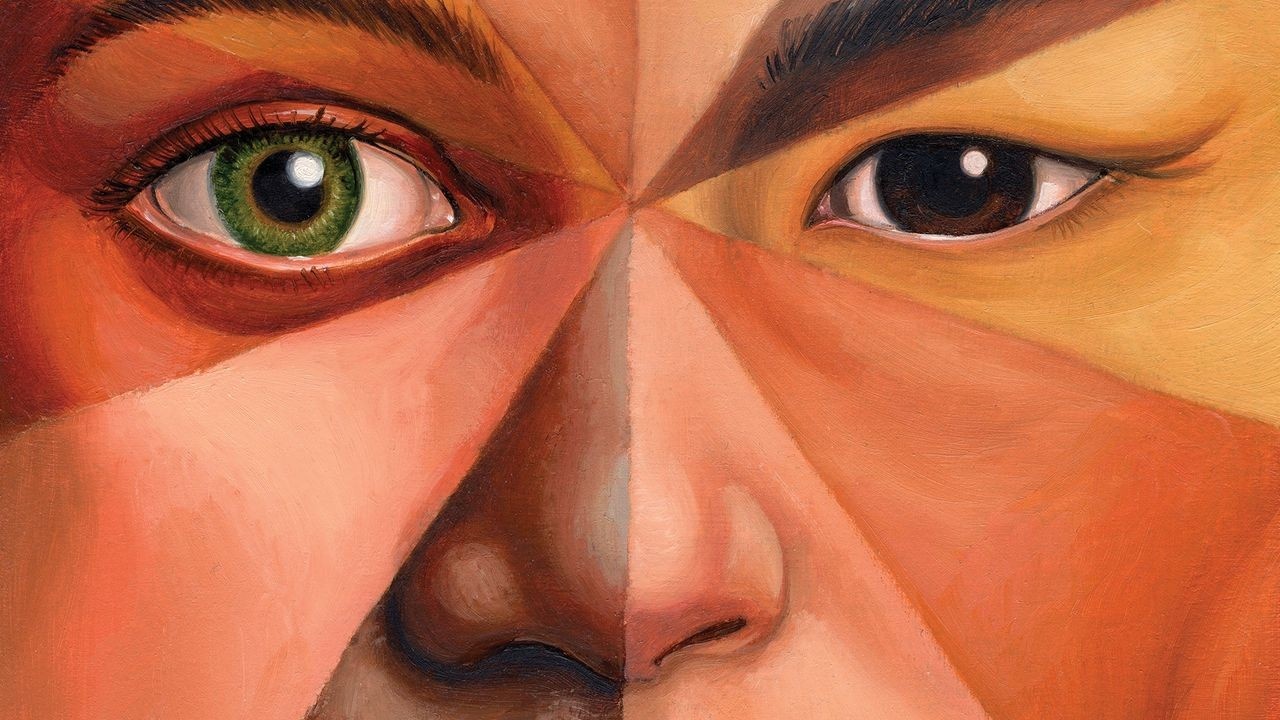Connection: The Human Factor

In 2001 I worked for a national telecom company to protect their existing underground phone lines as they laid new fiber-optic ones. I was given an assignment in deep South Georgia on the GA/FL border to oversee the project in that area. Now here I was, a Kid from CO. with a background in Community Organizing and social activism, going to the deep south. Many preconceived notions ran through my head, and I admit I had many assumptions as I arrived in the area for work that morning. As I drove through the high pine trees and swampland, I was more than a little concerned, given the amount of confederate paraphernalia I saw along the way. I imagined my ancestors running through the swamps trying to make their way to freedom or evading the hangman’s noose.
When I arrived at the job site, situated on the banks of the Satilla river, I met the work crew’s foremen, an approximately 6’3” large white male. As we spoke with the usual pleasantries, I noticed his chewing tobacco, deep southern drawl, and a hint of disdain in his voice, further fueling my imagination. As we stood on the banks of the river day after day, watching the crew work and listening to the hum of the machinery, we began to talk. During our chats, I discovered that this man I had been speaking with for days was a former klansman. Before you ask, this wasn’t the source of his disdain; he disapproved of the telecom company’s business methods and considered me a Yankee.
The more we talked and listened to each other, the more we found areas where we could find common ground. I learned through our interactions, what John Maxwell states in Everyone Communicates, Few Connect, that If we hear only a single story about another person or country, we risk a critical misunderstanding because we may assume that it tells the whole story, and we close our mind to learning.
Activist and Episcopal priest Pauli Murray said it this way, “True community is based upon equality, mutuality, and reciprocity. It affirms the richness of individual diversity as well as the common human ties that bind us together”.
Before addressing questions of equity and equality, we must first find our commonalities and learn to celebrate, not disdain our differences. If we seek equality, we must connect on a human level.

Grow With Us
Sign up for our mailing list and bi-weekly newsletter
WTL Leadership will work hard to deliver good quality information. However, if you decide that you no longer want to receive such emails from us, please feel free to unsubscribe.

